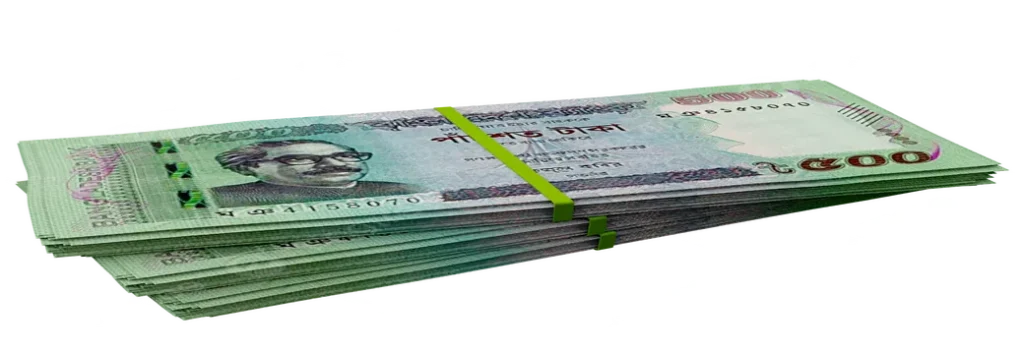The Bangladesh Bank is likely to maintain the repo rate unchanged in its upcoming monetary policy for July-December 2024-25, aiming to stabilize inflation, which has recently moderated. The decision follows a series of earlier rate hikes, with the repo rate currently at 8%. Additionally, the mid-rate for the crawling peg exchange rate is expected to remain steady at Tk117. This decision comes amidst efforts to manage inflation and stabilize the exchange rate, with recent policies aiming to align formal and informal market rates for greater stability in currency exchange operations.

